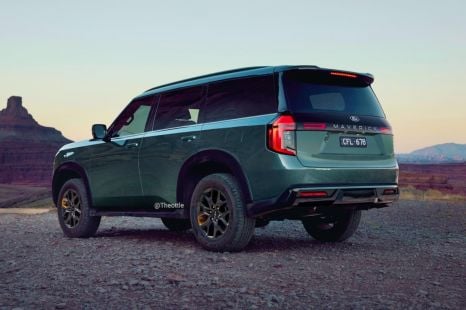

Ben Zachariah
Move over, Patrol: New-era Ford Maverick SUV imagined
7 Hours Ago

Contributor
Are more affordable electric vehicles on the way from Ford with cheaper-to-produce batteries?
During a recent Q&A session, CEO Jim Farley indicated Ford is working on implementing lithium iron phosphate (LFP) batteries in its first-generation of electric vehicles (EVs), which include the Mustang Mach-E, F-150 Lightning and E-Transit.
“Yes. We’ve been working on LFP for quite some time, so let’s just leave it at that,” said Mr Farley.
“What I mean by that is engineering LFP solutions in our first generation of products is something that we see as a big opportunity to move quickly.”
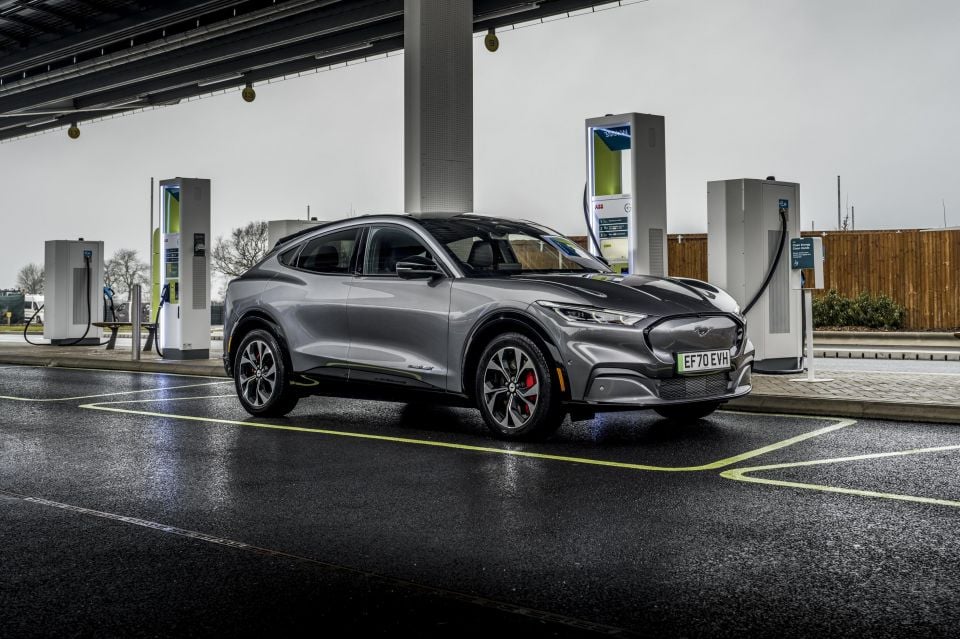
This LFP battery chemistry is traditionally cheaper and safer than nickel-based batteries, but the cells are less energy dense, which means they offer a shorter range.
That could potentially point to their use in entry-level variants.
LFP batteries are also able to be regularly charged to 100 per cent without risking the long-term lifespan of the battery, but they aren’t as efficient in colder weather.
They’re therefore seen as best suited to standard-range cars, heavy commercial vehicles and energy storage systems.
It’s unclear at this stage where Ford would mass-produce these LFP batteries, but China is currently a specialist in the development and manufacturing of LFP batteries.
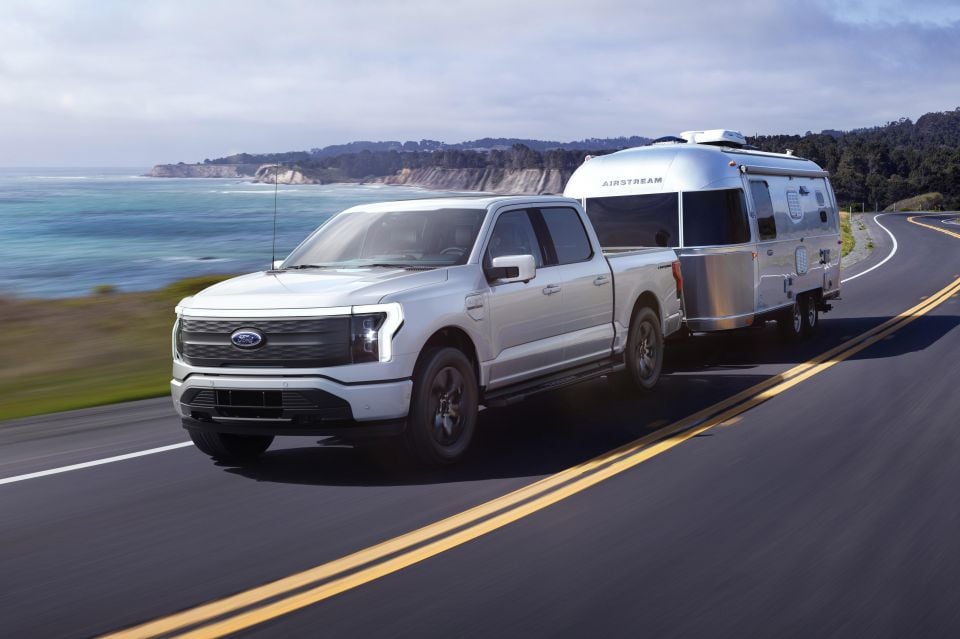
Tesla previously announced it’s shifting to LFP batteries globally in its smaller standard-range vehicles, which include the Tesla Model 3 and Model Y.
The LFP battery used in the Model 3 and Y are currently supplied by Chinese battery giant, CATL, that has numerous manufacturing plants throughout China and one plant located in Erfurt, Germany.
Besides Tesla, CATL currently produces batteries for a number of well-known automakers including BMW, Honda, Volvo and the Volkswagen Group.
One main reason why LFP batteries aren’t commonly produced outside of China is due to a slew of patents, which has allowed the country to corner the LFP market.
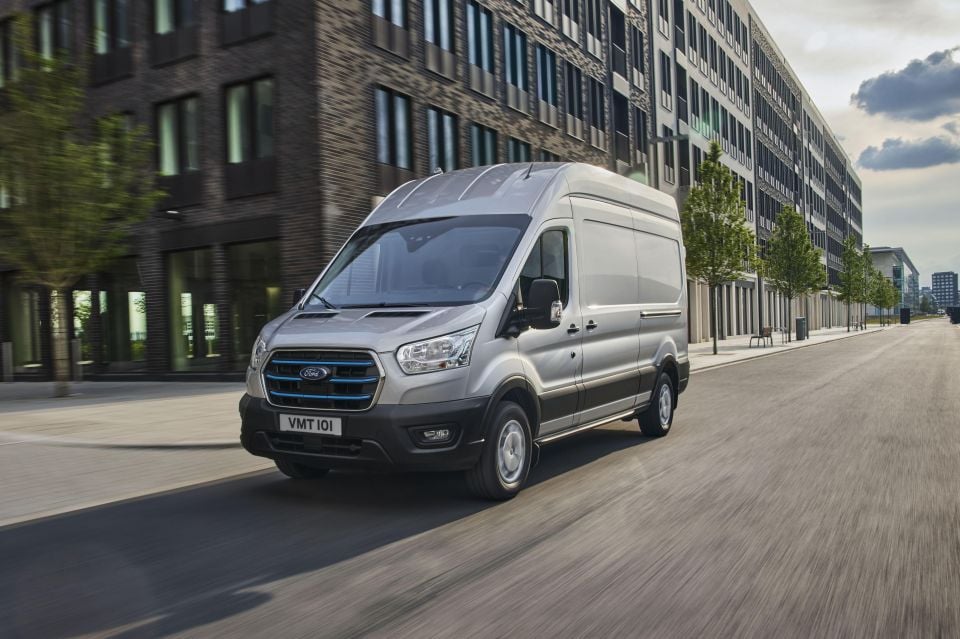
It’s also unclear at this stage if the introduction of LFP batteries to Ford EVs would allow the Blue Oval to produce the vehicles at a faster pace.
With a total of 200,000 reservations already for the F-150 Lightning, Ford is currently aiming to ramp its annual production rate for the electric pick-up to 150,000 in 2023.
Currently, the Ford F-150 Lightning is sold out until 2023 at least.
MORE: Electric car battery chemistry: What’s the difference?
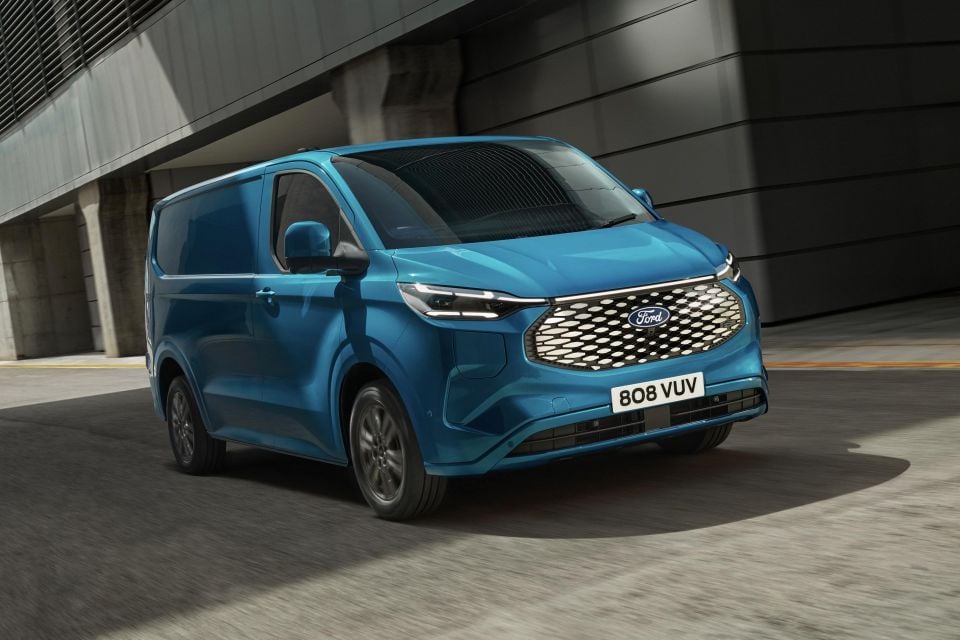
While the Mustang Mach-E and F-150 Lightning remain off-limits to Australia thus far, Ford Australia will introduce its first EV this year in the E-Transit.
Ford Australia has announced it plans to introduce five electrified vehicles by the end of 2024, including the E-Transit and E-Transit Custom electric vans, and the Escape plug-in hybrid.
It has yet to confirm what the others will be. In addition to the Mustang Mach-E already available overseas, Ford has indicated a Ranger plug-in hybrid is in the works, and confirmed it will launch seven pure-electric vehicles in Europe by 2024.
MORE: 2022 Ford F-150 Lightning enters production, already sold out MORE: Ford Australia bringing five electrified vehicles by 2024
Where expert car reviews meet expert car buying – CarExpert gives you trusted advice, personalised service and real savings on your next new car.
Jack Quick is an automotive journalist based in Melbourne. Jack studied journalism and photography at Deakin University in Burwood, and previously represented the university in dance nationally. In his spare time, he loves to pump Charli XCX and play a bit of Grand Theft Auto. He’s also the proud owner of a blue, manual 2020 Suzuki Jimny.


Ben Zachariah
7 Hours Ago
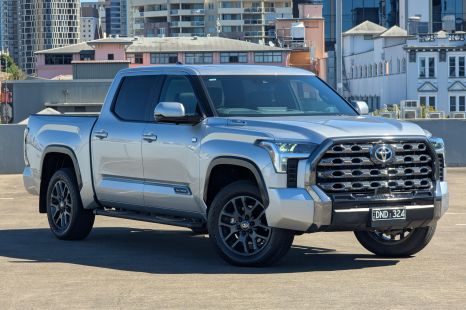

Damion Smy
8 Hours Ago
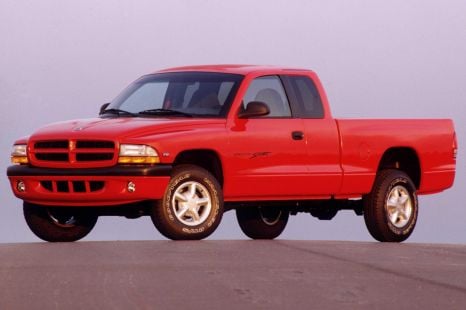

Derek Fung
9 Hours Ago
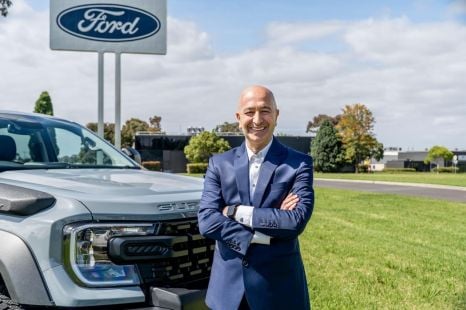

Ben Zachariah
9 Hours Ago
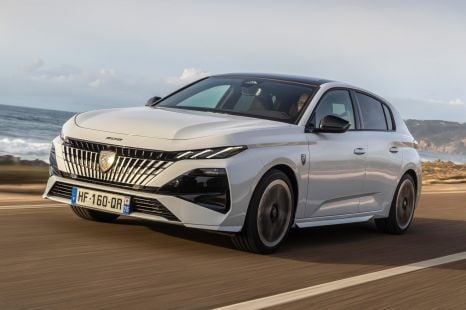

Matt Robinson
15 Hours Ago
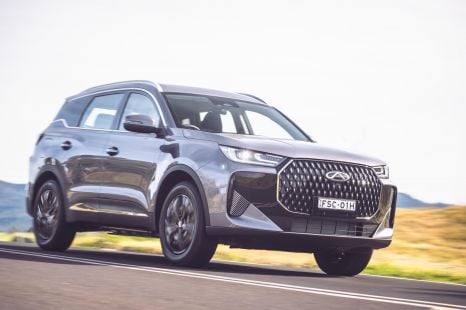

CarExpert.com.au
1 Day Ago